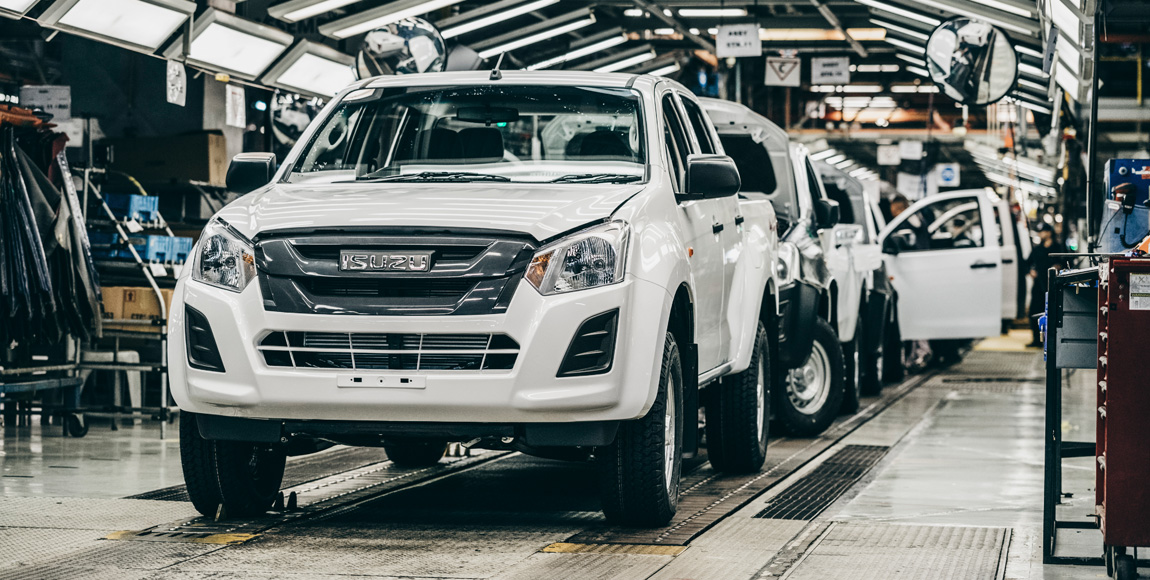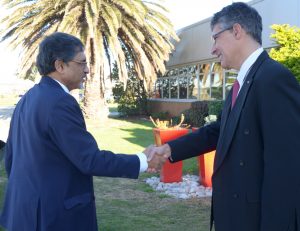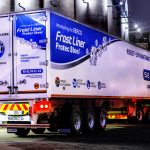Isuzu ups South African investment

The Japanese manufacturer confirms implementation of its next generation bakkie programme
Isuzu Motors of Japan has confirmed that it will be investing R1,2 billion in its next-generation bakkie programme in South Africa, estimating that an additional total local content value of R2,8 billion will be generated through the lifecycle of the project.
The development follows the company’s takeover last year of General Motors’ light commercial vehicle operations in Port Elizabeth, as well as the balance of shareholding in its trucks business. According to a statement issued by the company, the decision saved 1 000 direct jobs, 4 000 jobs through its dealer network and many more through its base of 430 suppliers in South Africa.

“Current plans are to grow the company’s annual bakkie production to 29 000 units per annum,” says Yoichi Masuda, senior executive officer for Isuzu Motors Limited and chairman of Isuzu Motors South Africa. “Our decision to invest in the production of the next-generation bakkie in South Africa demonstrates our commitment to this market.”
Masuda says the operation represents the first 100 percent Isuzu-owned bakkie and truck manufacturing and distribution business outside of Japan. “I would like to acknowledge the instrumental role the South African government has played in enabling us to successfully operate in this market since January last year,” he says.
“We fully support the requirements of government’s extended Automotive Production and Development Plan (APDP), and are working on various initiatives to ensure that we contribute to the achievement of aspirational targets set by the country’s Automotive Master Plan over the coming years.”
The Minister of Trade and Industry, Ebrahim Patel, welcomed Isuzu’s announcement. “The investment shows confidence in South Africa’s economic growth potential and will help to secure more than 1 000 direct jobs at the plant.”
According to Michael Sacke, CEO and managing director of Isuzu Motors South Africa, the next-generation bakkie will be locally engineered to meet requirements of the South African and key sub-Saharan Africa markets. “Our customers have come to know our vehicles for their reliability, durability and flexibility and it is important that we continue to build on these strengths,” he says.
Isuzu’s biggest markets in region include Kenya, Zimbabwe, Zambia, Mozambique, Mauritius, Senegal, Ghana and the Ivory Coast. Last year, the company’s sales in these markets increased by 17 percent compared to the previous year.
Published by
Focus on Transport
focusmagsa




